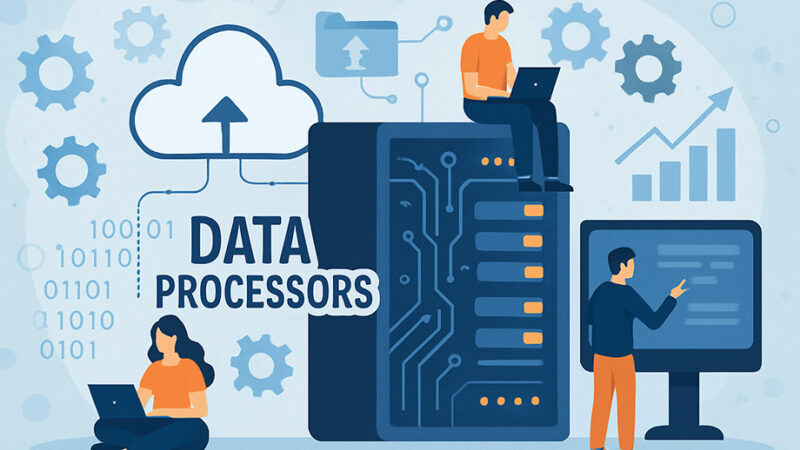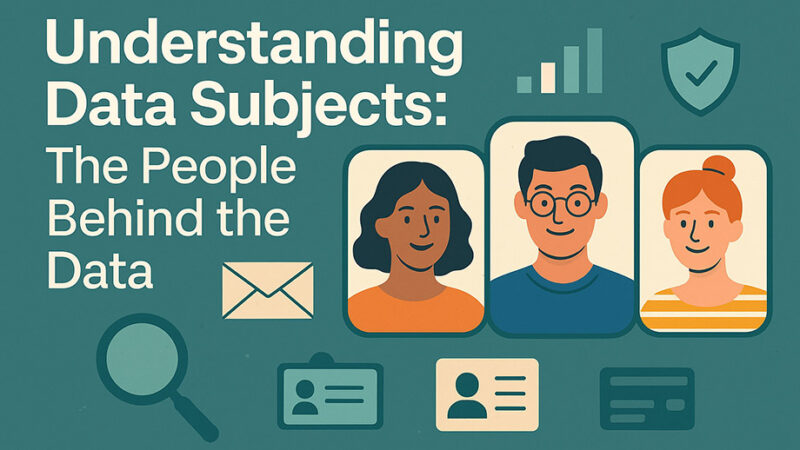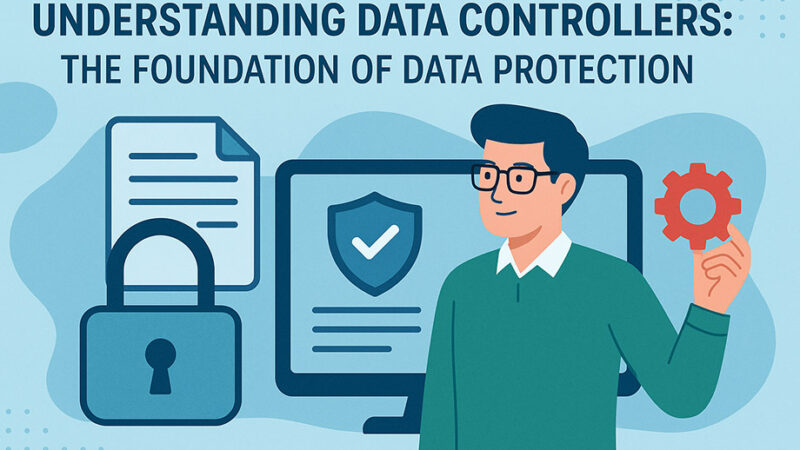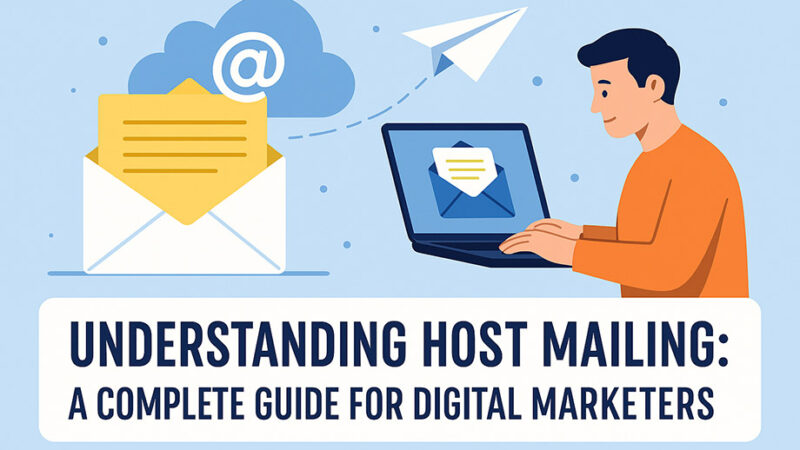Understanding Sensitive Data: Enhanced Protection for Personal Information
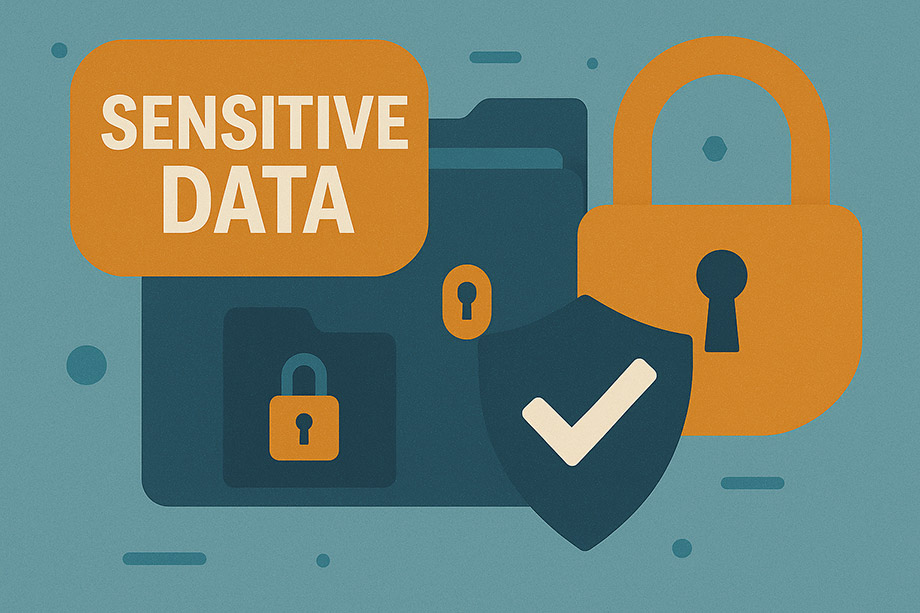
In the realm of data protection and privacy law, not all personal information is treated equally. While basic personal data like names and email addresses require protection, certain categories of information are considered so inherently private and potentially harmful if misused that they receive special treatment under privacy regulations. This information is known as Sensitive Data, and understanding its unique requirements is crucial for any organization handling personal information.
What is Sensitive Data?
Sensitive Data refers to information that, due to its nature, requires enhanced protection measures and stricter legal safeguards. This data often relates to the most private aspects of individuals’ lives and could lead to discrimination, harm, or significant distress if improperly handled or disclosed.
The core categories of sensitive data include information covering:
- The racial or ethnic origin of the Data Subject
- Political opinions
- Religious or other beliefs of a similar nature
- Membership of trade unions
- Physical or mental health or condition
- Sexual Life
- The commission of any offence or criminal records
Additionally, other classes of data that might be regarded as sensitive include data relating to children and financial information, recognizing that these categories also require special care and protection.
Core Categories of Sensitive Data
Racial or Ethnic Origin
This category encompasses any information that reveals or could be used to infer an individual’s race, ethnicity, or national origin. Examples include:
- Direct statements about racial or ethnic background
- Country of birth information when used to infer ethnicity
- Language preferences that might indicate ethnic origin
- Photographs that reveal racial characteristics
- Cultural or religious practices associated with specific ethnic groups
The sensitivity of this information stems from the historical and ongoing potential for discrimination based on race or ethnicity, making its protection essential for preventing discriminatory practices.
Political Opinions
Information about an individual’s political beliefs, affiliations, or activities falls into this category. This includes:
- Political party membership or affiliation
- Voting preferences or history
- Political donations or contributions
- Attendance at political events or rallies
- Expressions of political views on social media or other platforms
- Participation in political campaigns or movements
Political opinion data is sensitive because it relates to fundamental democratic freedoms and could be used to target individuals for their beliefs or participation in political processes.
Religious or Other Beliefs of a Similar Nature
This broad category covers spiritual, religious, and philosophical beliefs, including:
- Religious affiliation or denomination
- Attendance at religious services or events
- Religious dietary requirements or restrictions
- Philosophical beliefs about life, death, or morality
- Membership in religious organizations
- Secular belief systems like atheism or agnosticism
- Ethical frameworks guiding personal decisions
The protection of religious and belief data recognizes the fundamental nature of freedom of thought, conscience, and religion.
Membership of Trade Unions
Information about trade union membership or activities includes:
- Current or past union membership
- Union leadership roles or activities
- Participation in strikes or labor actions
- Union dues or contributions
- Collective bargaining participation
This data is sensitive because union membership can sometimes lead to employment discrimination or retaliation in certain contexts.
Physical or Mental Health or Condition
Health-related information is among the most sensitive categories, encompassing:
- Medical diagnoses and conditions
- Treatment histories and medical records
- Mental health status and psychological conditions
- Disability information
- Genetic data and predispositions
- Prescription medications and medical devices
- Health insurance claims and coverage
- Wellness program participation and results
Health data is particularly sensitive due to the potential for insurance discrimination, employment impacts, and the deeply personal nature of medical information.
Sexual Life
Information relating to an individual’s sexual orientation, preferences, or activities includes:
- Sexual orientation (heterosexual, homosexual, bisexual, etc.)
- Gender identity and transgender status
- Sexual preferences or practices
- Intimate relationships and partners
- Reproductive choices and history
- Sexually transmitted infection status
This category recognizes the deeply personal nature of sexual information and the potential for discrimination based on sexual orientation or gender identity.
Commission of Offences or Criminal Records
Criminal justice information encompasses:
- Criminal convictions and sentences
- Arrests and charges (even without conviction)
- Police investigations and inquiries
- Court proceedings and legal judgments
- Probation or parole status
- Criminal background check results
- Allegations of criminal behavior
Criminal data is sensitive because it can significantly impact an individual’s employment, housing, and social opportunities, even when charges didn’t result in convictions.
Additional Sensitive Categories
Data Relating to Children
Information about minors (typically under 18) receives special protection because:
- Children cannot fully understand the implications of data sharing
- They lack legal capacity to provide meaningful consent
- They are more vulnerable to exploitation and harm
- Early data collection can impact them throughout their lives
Children’s data includes educational records, health information, family details, online activities, and any other personal information about minors.
Financial Information
While not always classified as sensitive data under all regulations, financial information often requires enhanced protection due to its potential for misuse:
- Bank account numbers and financial institution details
- Credit card and payment information
- Credit scores and financial assessments
- Income and salary information
- Investment portfolios and financial assets
- Loan applications and credit histories
- Financial transaction records
Legal Requirements: Opt-in Consent
One of the most important distinctions for sensitive data is the requirement for opt-in consent. Unlike regular personal data, which might be processed under various legal bases, sensitive data typically requires explicit, informed consent from the data subject.
Characteristics of Valid Opt-in Consent
Explicit and Specific: Consent must be clearly given for the specific sensitive data processing, not bundled with other permissions.
Informed Decision: Data subjects must understand exactly what sensitive data is being collected and how it will be used.
Freely Given: Consent cannot be coerced or made a condition for services unless the sensitive data is essential for those services.
Easily Withdrawn: Individuals must be able to withdraw consent as easily as they gave it, without penalty.
Documented: Organizations must maintain clear records of when and how consent was obtained.
Exceptions to Consent Requirements
While opt-in consent is the general rule, some jurisdictions provide limited exceptions for sensitive data processing, such as:
- Vital interests (life-or-death situations)
- Legal obligations or court orders
- Medical purposes with appropriate safeguards
- Employment law compliance with worker protections
- Public interest activities like medical research with ethical approval
Enhanced Handling Requirements
Sensitive data demands more rigorous handling practices throughout its lifecycle:
Collection Practices
Purpose Limitation: Collect sensitive data only when necessary for specific, legitimate purposes.
Data Minimization: Limit collection to the minimum necessary sensitive data.
Clear Disclosure: Explicitly inform individuals about sensitive data collection in privacy notices.
Secure Collection Methods: Use encrypted, secure channels for sensitive data collection.
Storage and Security
Enhanced Encryption: Implement stronger encryption standards for sensitive data at rest and in transit.
Access Controls: Restrict access to sensitive data to authorized personnel only, using role-based permissions.
Segregation: Store sensitive data separately from regular personal data where possible.
Regular Audits: Conduct frequent security assessments and access reviews for sensitive data systems.
Processing Limitations
Need-to-Know Basis: Limit processing to personnel who require access for legitimate business purposes.
Automated Decision-Making Restrictions: Many jurisdictions prohibit or restrict automated processing of sensitive data.
Profiling Limitations: Enhanced restrictions often apply to profiling based on sensitive data characteristics.
Sharing and Disclosure
Restricted Transfers: Higher standards apply when sharing sensitive data with third parties.
Enhanced Contracts: Stricter data processing agreements required for sensitive data sharing.
Limited Purposes: Sharing typically restricted to the original collection purposes.
Industry-Specific Considerations
Healthcare
Healthcare organizations handle vast amounts of sensitive health data and must comply with specialized regulations like HIPAA in the United States, which provides additional protections beyond general data protection laws.
Financial Services
Financial institutions handle sensitive financial data and must balance privacy requirements with anti-money laundering, fraud prevention, and regulatory reporting obligations.
Education
Educational institutions collect sensitive data about students, including health information, family circumstances, and academic performance, requiring careful balance of educational needs and privacy protection.
Employment
Employers may collect sensitive data about employees for various purposes, including health insurance, diversity monitoring, and legal compliance, but must ensure appropriate safeguards and legal bases.
Law Enforcement
Government agencies handling criminal justice data must balance public safety needs with individual privacy rights, often operating under specialized legal frameworks.
Global Regulatory Approaches
European Union (GDPR)
The GDPR provides comprehensive protection for “special categories” of personal data, generally prohibiting processing unless specific conditions are met. It requires explicit consent and provides enhanced rights for data subjects.
United States
The U.S. takes a sectoral approach, with specific laws protecting health data (HIPAA), financial data (GLBA), and children’s data (COPPA), while state laws like the CCPA are beginning to address sensitive data more broadly.
Other Jurisdictions
Countries worldwide are implementing varying approaches to sensitive data protection, with some following the European model and others developing unique frameworks suited to their legal and cultural contexts.
Risk Management for Sensitive Data
Privacy Impact Assessments
Organizations should conduct thorough privacy impact assessments before processing sensitive data, evaluating:
- Necessity and proportionality of the processing
- Risks to data subjects’ rights and freedoms
- Mitigation measures and safeguards
- Alternative approaches with lower privacy impact
Data Breach Response
Sensitive data breaches typically require:
- Faster notification timelines
- More detailed breach reports
- Direct notification to affected individuals
- Enhanced remediation measures
- Possible regulatory investigations
Staff Training and Awareness
Personnel handling sensitive data need specialized training on:
- Legal requirements and restrictions
- Technical security measures
- Ethical considerations and best practices
- Incident response procedures
- Individual rights and requests handling
Best Practices for Organizations
Governance Framework
Clear Policies: Develop specific policies for sensitive data handling that go beyond general data protection procedures.
Regular Reviews: Periodically assess sensitive data processing activities and update practices as needed.
Executive Oversight: Ensure senior management understands and supports enhanced sensitive data protections.
Technical Safeguards
Advanced Encryption: Implement state-of-the-art encryption for sensitive data.
Multi-Factor Authentication: Require additional authentication for sensitive data access.
Data Loss Prevention: Deploy systems that can identify and prevent unauthorized sensitive data disclosure.
Regular Penetration Testing: Conduct thorough security testing focusing on sensitive data systems.
Organizational Measures
Background Checks: Implement appropriate vetting for personnel with sensitive data access.
Confidentiality Agreements: Ensure all staff sign agreements specifically covering sensitive data handling.
Incident Response Plans: Develop specific procedures for sensitive data breaches and incidents.
Regular Audits: Conduct periodic reviews of sensitive data practices and compliance.
Emerging Challenges and Future Considerations
Artificial Intelligence and Machine Learning
As AI systems increasingly process sensitive data, new challenges emerge around:
- Algorithmic bias and discrimination
- Automated decision-making transparency
- Model training data protection
- Inference and de-identification risks
Biometric Technologies
The growing use of biometric data (fingerprints, facial recognition, etc.) creates new categories of inherently sensitive information requiring special protection.
Internet of Things (IoT)
Connected devices may inadvertently collect sensitive data, requiring careful consideration of data flows and processing purposes.
Genetic and Genomic Data
As genetic testing becomes more common, the unique challenges of genomic data protection become increasingly important, including implications for family members and future generations.
Conclusion
Sensitive data represents the most private and potentially harmful information about individuals, requiring enhanced protection measures that go beyond standard personal data safeguards. Organizations handling sensitive data must implement robust governance frameworks, technical safeguards, and operational procedures to ensure compliance with legal requirements and protect individual rights.
The requirement for opt-in consent and careful handling reflects the recognition that sensitive data processing carries higher risks and potential for harm. By understanding these categories and implementing appropriate protections, organizations can build trust with data subjects while fulfilling their legal and ethical obligations.
As technology continues to evolve and new types of sensitive information emerge, organizations must remain vigilant and adaptive in their approach to sensitive data protection. The investment in proper sensitive data handling not only ensures compliance but also demonstrates respect for human dignity and privacy rights in our increasingly connected world.
Success in sensitive data management requires ongoing commitment, regular review, and a culture that prioritizes privacy protection at every level of the organization. By treating sensitive data with the special care it deserves, organizations contribute to a more trustworthy and ethical digital ecosystem for all.


